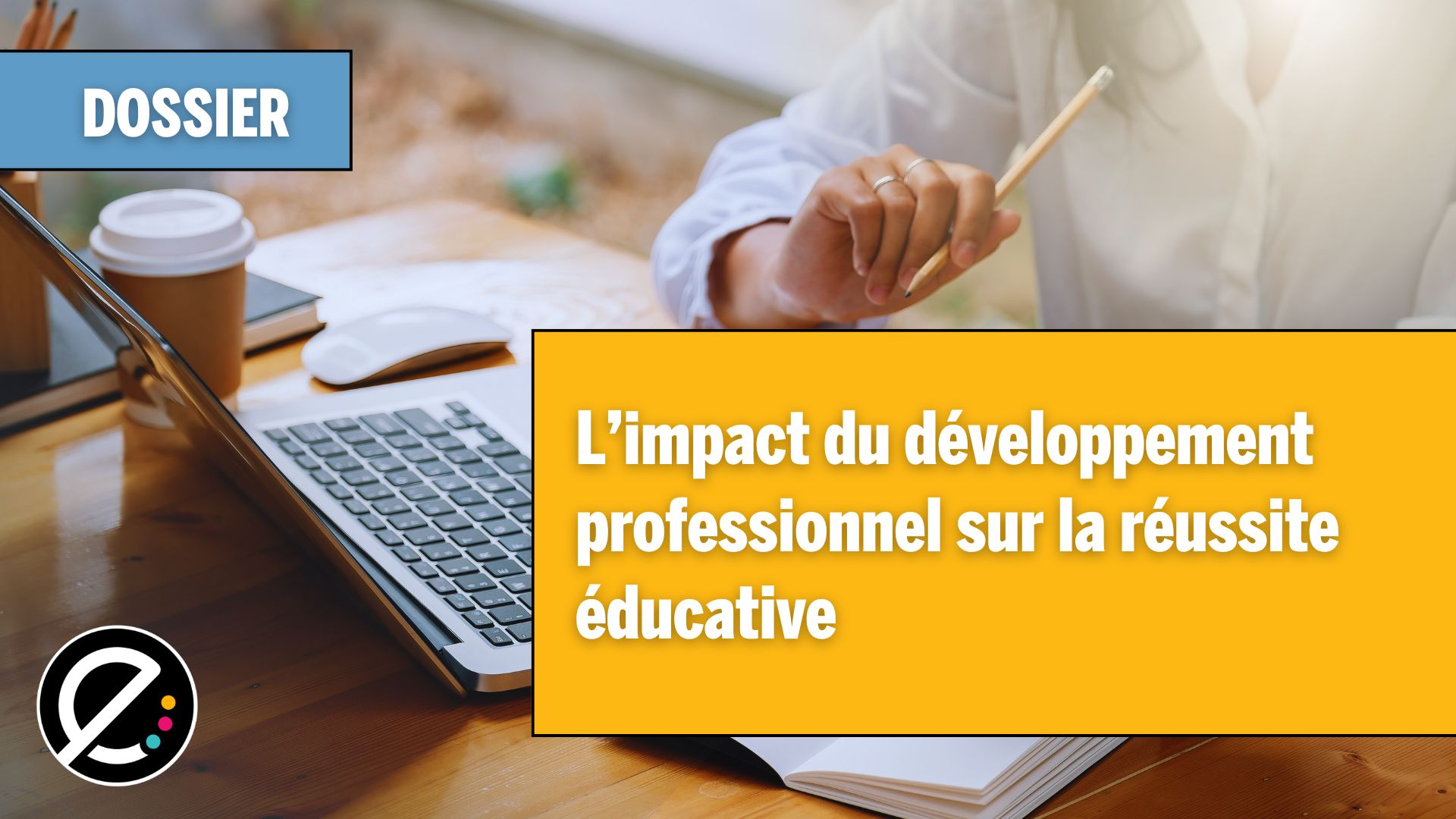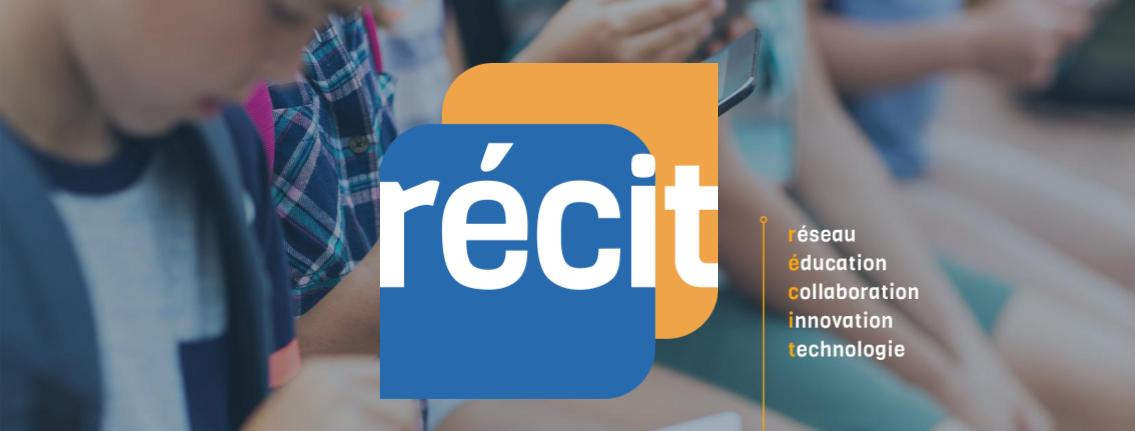Le 13 mars 2020, le Québec fermait les portes de toutes ses écoles. Depuis deux ans, la pandémie de COVID-19 s’est avérée une véritable crise à la fois sanitaire, sociale, humanitaire, économique, culturelle et même intellectuelle. Sans précédent dans l’histoire moderne, on peut se demander si les nombreux bouleversements ressentis dans les milieux d’enseignement étaient nouveaux ou s’ils n’ont fait qu’exacerber des vulnérabilités préexistantes.
Le Conseil supérieur de l’éducation (CSE) s’est penché sur la question et a publié un des rapports les plus complets et les plus intéressants jamais diffusés par l’organisme. Sans détour, l’objectif du CSE avec cette publication est d’éviter un retour à une « normalité idéalisée » et ainsi profiter de la prise de conscience collective pour améliorer pour de bon le système d’éducation.
« Ce qui était considéré comme normal avant la crise comportait son lot de défis et de problèmes qu’il ne faudrait pas accepter, encore moins nier, dans un discours essentiellement tourné vers un retour à une normalité idéalisée. »
Une crise comme déclencheur d’une transformation positive
La pandémie n’est toujours pas terminée, mais on commence déjà à tirer des leçons de cette crise dans le milieu scolaire. On pense aux retards d’apprentissage, aux effets de l’isolement social et de l’augmentation de l’anxiété chez les jeunes.
Plus largement, le CSE s’intéresse aussi dans ce rapport aux impacts sur tout le système, comme les processus de communication, le développement des compétences numériques, la gestion du personnel, l’utilisation de l’enseignement à distance, etc. Le Conseil est d’avis que non seulement les apprentissages réalisés durant la pandémie pourraient permettre d’éviter de commettre les mêmes erreurs, mais également de transformer positivement le système éducatif.
C’est dans cette recherche de vérité que le CSE a mené des consultations auprès de nombreux organismes représentant le milieu syndical, les directions, les parents, les étudiants, les professionnels ainsi que le milieu communautaire. Au bout de ce processus, le Conseil a publié une analyse des enjeux soulevés lors de la crise.
Volumineux, le document se lit d’une traite tant il met le doigt sur des défis cruciaux, souvent connus depuis longtemps, parfois moins. Le CSE y va donc de recommandations que nous pouvons qualifier de justes et inspirantes.
Les enjeux du système révélés
Si vous ne disposez pas de suffisamment de temps pour lire le rapport dans son entièreté, vous devez au moins consulter le tableau des « vulnérabilités préalables du système éducatif qui ont nui à sa capacité de résilience » (Tableau 2, p.80).
Vous y reconnaîtrez des problèmes récurrents comme la pénurie de personnel, la lourdeur de la tâche des enseignants, la vétusté des établissements ou le recours insuffisant au jugement professionnel lors de l’évaluation. La crise a également fait ressortir des éléments moins évidents comme l’absence de balises pour l’enseignement à distance, la grande variabilité dans les outils pédagonumériques employés, des plans de mesures d’urgence inadéquats ou les conventions collectives mal adaptées.
Le Conseil reconnaît au passage des apprentissages qui sont là pour de bon, tels que l’utilisation de la vidéoconférence pour faciliter la collaboration, la mise en place de cellule de crise, une plus grande souplesse et une meilleure autonomie des milieux ou la gestion des mesures sanitaires ou l’importance du numérique en éducation.
Le rapport se termine par une série de recommandations (Tableau 3, p.112) à mettre en œuvre dès maintenant. Parmi celles-ci, le CSE propose de bonifier l’offre de formation pédagonumérique du personnel enseignant et des parents, d’établir un répertoire des bonnes idées qui ont émergé durant la pandémie et de conserver des services d’école virtuelle.
Vers une bien meilleure normalité
D’ici à ce qu’on puisse évaluer les effets à long terme de cette crise, il importe que le monde de l’éducation puisse en tirer des leçons. Puisque la science prédit déjà une croissance du nombre de pandémies et de catastrophes naturelles, le système scolaire québécois doit inclure la résilience dans ses processus de gestion. L’école formant un milieu de vie à part entière, il ne s’agit plus uniquement de réussite ou d’abandon scolaire, mais aussi une question de bien-être, de santé mentale et de qualité de vie. Loin de vouloir nous ramener à notre ancienne réalité, le Conseil nous invite à créer une nouvelle et bien meilleure normalité, plus égalitaire, plus juste, plus résiliente, plus forte.






